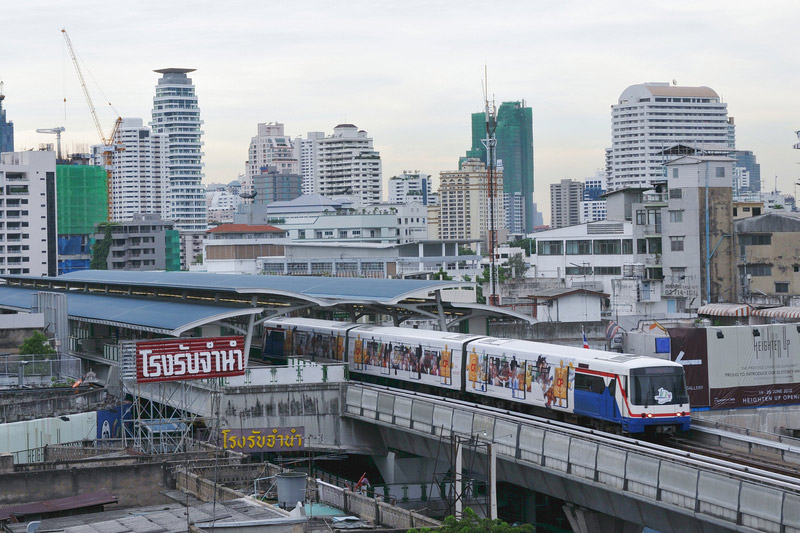By Amy Sawitta Lefevre
BANGKOK (Reuters) - The rape and murder of a 13-year-old girl on an overnight train in Thailand have prompted a nationwide call for stricter enforcement of rape laws and a weekend rally that will defy military restrictions on public gatherings.
The crime took place on a busy train route popular with commuters. The setting and violent nature of the crime have stoked public anger in social and mainstream media and calls for the State Railway of Thailand's governor to step down.
Growing public outrage over the case is akin to reaction to the high profile gang rape and murder of a 23-year-old woman on a New Delhi bus in 2012 which sent shockwaves across urban India.
A group calling itself the "We want to change the rape law to make it death penalty only" movement said it plans a weekend rally at Bangkok's Siam Paragon shopping center.
Thailand's military took power in a coup in May after six months of sometimes violent street protests. Under martial law, public gatherings of more than five people are banned.
"The country is in a sensitive moment so we really don't want people to gather in public but it depends on the cause and how they demonstrate," said Winthai Suvaree, a spokesman for the military government's National Council for Peace and Order.
Police have charged a 22-year-old train cleaner with rape and murder. A police spokesman said in a televised statement the accused had confessed to taking drugs before committing the crimes and throwing the girl's body out of the train.
Penalties for rape in Thailand range from a fine of up to 40,000 baht ($1,200) to life imprisonment or the death penalty but rape laws are rarely enforced.
"Probably more Thais see harsher punishment as the only answer to rape but a strong minority are challenging this view. Good exchanges," said a Thai twitter user who goes by the handle Kaewmala.
More than 31,000 cases of sexual violence were recorded in Thailand last year, according to the public health ministry.
The actual figure is likely to be far higher, said Naiyana Supapueng, the head of the Teeranat Kanjanauaksorn Foundation which works on human rights and gender equality. Nayana is a former commissioner of the National Human Rights Commission.
"The figure for sexual violence is probably ten times higher than official figures," Nayana said. "This latest case is special because it happened on state-run public transport in a sleeper train where many people could have seen or tried to prevent the crime."
Rape is rarely reported in the Southeast Asian nation due to a lack of faith in the justice system and the stigma attached to victims of sexual violence.
(Editing by Simon Webb and Nick Macfie)
